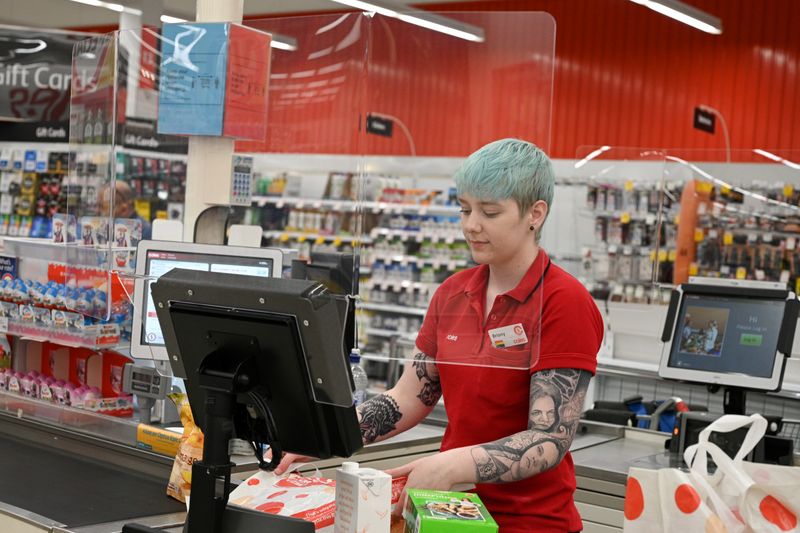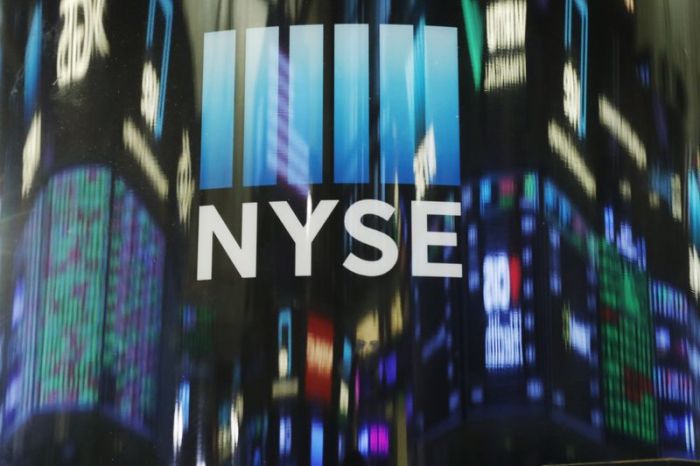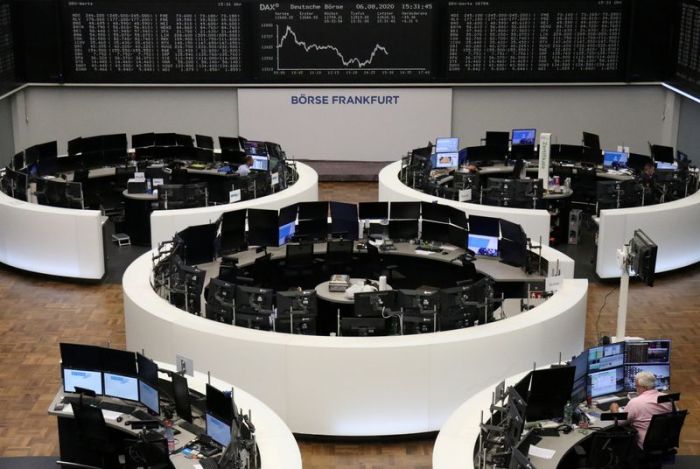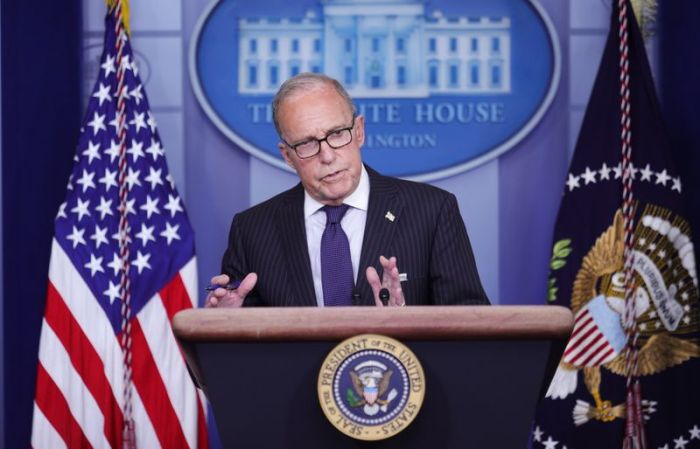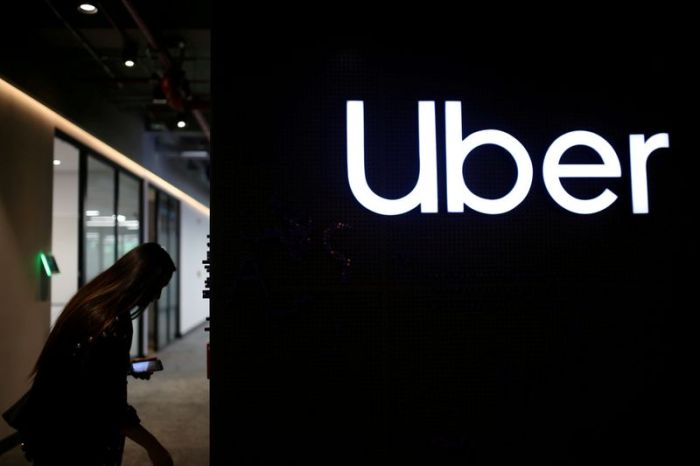SYDNEY (Reuters) – Australian employment surged further in July, handily beating forecasts, though the increase was still not enough to offset the ballooning numbers of those looking for work as the jobless rate ticked up to a 22-year high.
Figures from the Australian Bureau of Statistics (ABS) on Thursday showed employment jumped by 114,700, on top of a hefty 210,800 new jobs in June and surpassing expectations for a 40,000 increase as large parts of the economy re-opened.
Australia has been one of the few countries in the world with relatively low numbers of coronavirus infections and death. Most states and territories reopened their economies in late May, although a recent resurgence of cases and deaths in Victoria marked an unwelcome setback.
The July jobs boost came as the number of people out of work, available to work and actively looking for work topped one million for the first time ever, the data showed.
Indeed, the participation rate rose by 0.6 percentage points to 64.7%. As a result, the jobless rate climbed to 7.5% from 7.4% in June, highest since late 1998, but below the 7.8% forecast.
The monthly increase in employment was underpinned by a jump of 71,200 in part-time work while full-time jobs rose by 43,500.
Employment was still more than half a million people lower than in March when coronavirus-driven shutdowns kicked in.
“The pick-up in employment in July is likely to be unwound in the coming months as the stricter lockdown in Victoria weighs on the labour market,” said Ben Udy, analyst at Capital Economics.
Udy expects the unemployment rate to shoot up to 8.5% in coming months.
“… the stalling in business and consumer confidence suggest that the recovery in other states is running out of steam.”
(Reporting by Swati Pandey; Editing by Himani Sarkar and Sam Holmes)

